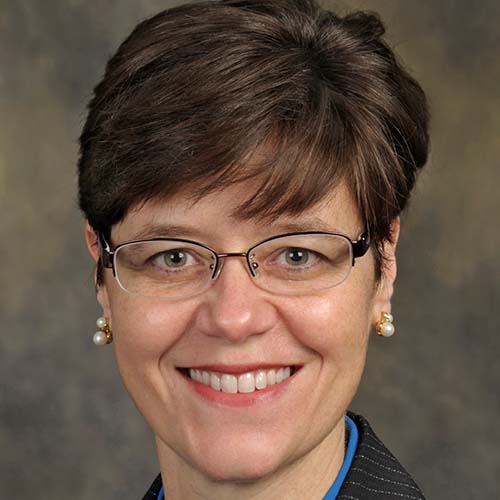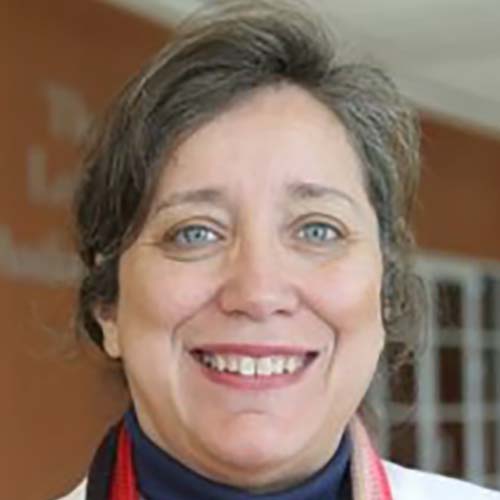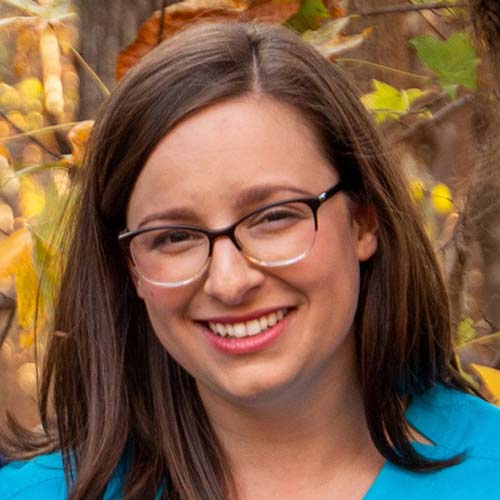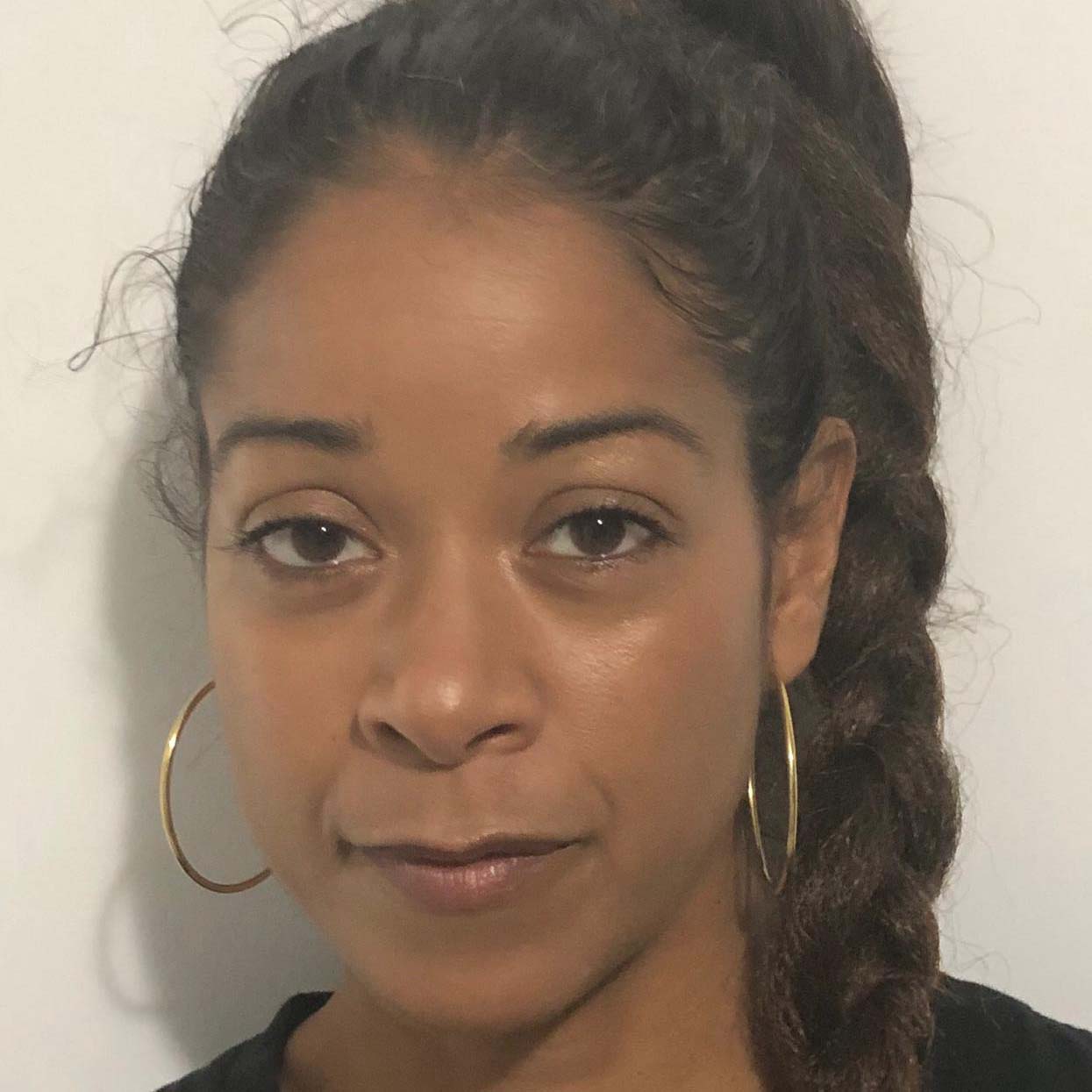
Dr. Amy Foster is an Associate Professor of History at the University of Central Florida. Her research and teaching interests include the history of medicine, science and technology, and the history of the U.S. space program.
Presentation Title: An American Plague: The Social Crisis of the 1793 Yellow Fever Epidemic in Philadelphia
This presentation explores the responses and challenges faced during the Yellow Fever outbreak in autumn 1793 in the city of Philadelphia, the capital of the new United States. While city leadership tried to contain the spread of the misunderstood disease through isolation and quarantine and others fled the city as a means of self-protection, those most affected by the epidemic were the poor and the lowest class of city-dwellers, particularly freed blacks. Like today’s experience with the COVID-19 pandemic, fear, a lack of scientific understanding, racial tension, and the utter destruction left by the disease had a lasting effect on those social relationships.

Luciana Garbayo, MD, PhD is a jointly appointed assistant professor at the Departments of Philosophy and Medical Education at the University of Central Florida. She is the Director of Ethics and Medical Humanities Longitudinal Curriculum Theme for the College of Medicine at UCF and the Director of Ethics Research Group for the Society of Medical Decision Making. Her research interests include the study of the modeling and representation of medical knowledge, medical reasoning and the ethical management of uncertainty for medical decision-making.
Presentation Title: Lessons from the Spanish Flu Pandemics in Three Waves: Understanding the Past and the Present
In this talk I will present the three waves Spanish Flu Pandemics 1918 - 1919 that killed 50 million people worldwide and 675000 Americans. Questions both on its origins, the types of treatment and prevention available and on understanding of the pandemic itself will be discussed, with the emergence of epidemiology and population-level remedies, such as social distancing, when little knowledge on viruses was available. I will consider some lessons learned and the transformations that the Spanish Flu pandemic impacted in our current understanding of pandemics and our response.

Sarah Singer is an Assistant Professor in the Department of English at University of Central Florida. Her work investigates how people communicate about ambiguous and controversial health conditions such as Lyme disease and Long Covid.
Presentation Title: Understanding Misunderstandings: Patients as Researchers in the Covid-19 Pandemic
The covid-19 pandemic has eroded trust between scientific experts and the American public. Due to erratic public health messaging and scientific communication errors, Americans have been forced to make most decisions about covid-19 protocols on their own. In this presentation, I will discuss two key questions: 1) How do patients identify reliable health information when the recommendations are constantly changing? 2) How do patients distinguish between innovative healthcare hacks and misinformation? To conclude, I will propose a few strategies for navigating the digital deluge.

Dr. Elena Cyrus is an Assistant Professor in the Department of Population Health Sciences, College of Medicine, University of Central Florida. She is an infectious disease epidemiologist with research experience in Sub-Saharan Africa, South East Asia, and the Latin American and Caribbean region. Her research focuses on investigating social determinants of health contributing toward health inequities among vulnerable populations globally.
Presentation Title: Covid-19 Updates: Past, Current, and Future Trajectories
Dr. Cyrus will give an overview of current COVID-19 data including covering local and national trends, and she will present emerging reserch and scientific developments relevant to our communities.